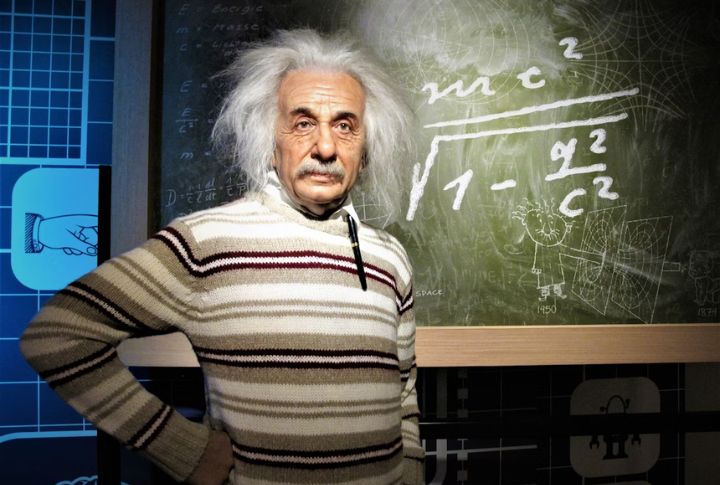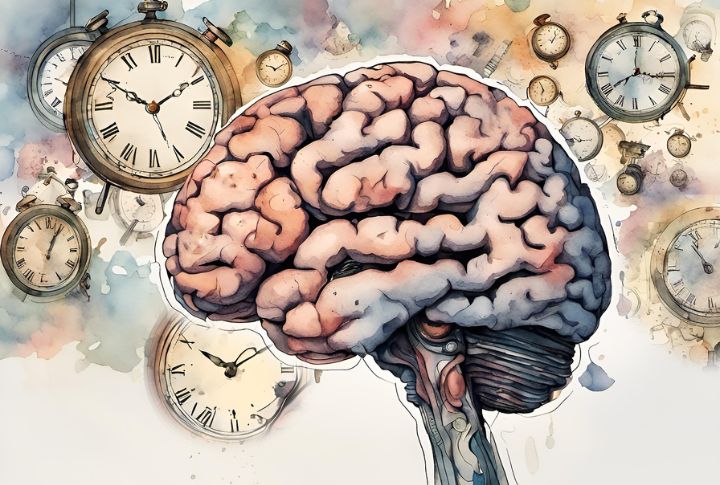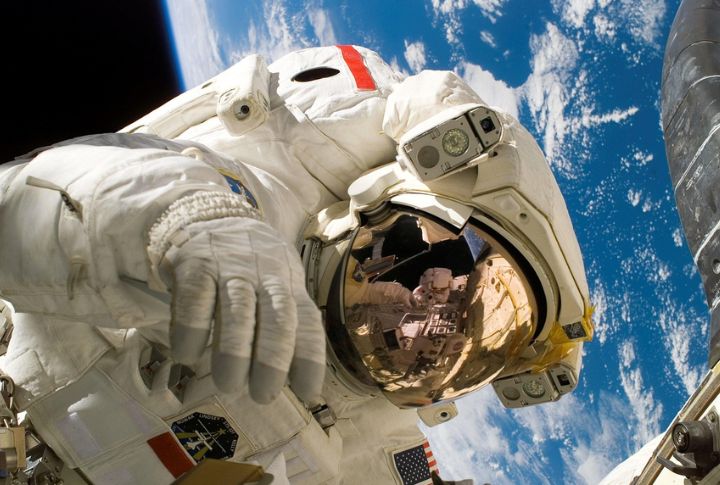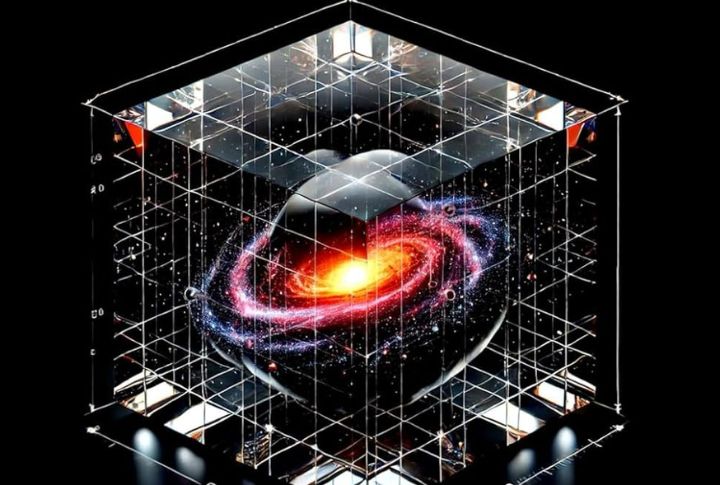
Time seems straightforward until you realize the universe didn’t sign off on that belief. Plenty of thinkers are raising points that make the whole concept feel less like a solid rule and more like a flexible suggestion. If you’re ready to see time through a completely different lens, here are the perspectives worth knowing.
The Illusion Of Linear

Time might not really flow at all. Physics works the same way without a past or future. The sense that we move from yesterday to tomorrow is something our brains create. In reality, the universe itself may be completely still, with “time” existing only in our minds.
Relativity’s Flexible Clock

Astronauts really do age a tiny bit slower in space. Comparing clocks on Earth with those on satellites shows that gravity and speed affect how fast time passes. This reveals that time is not universal—its pace can change depending on where and how you experience it.
The Block Universe Concept

Scientists use the word “block” because time might be stuck in place like a solid block. Every moment that ever happened is sitting there together. Nothing moves or flows. But your experience shifts from one moment to another, making it feel like you’re moving through time when you’re really not.
Einstein And The Fabric Of Spacetime

Space and time are not separate—they form a single fabric that can stretch, bend, and twist. Einstein showed this with his equations. Now, some scientists take it further—if this fabric can bend, maybe every moment is already stitched into it, just waiting for us to notice.
Time As A Human Construct

Think about how you know it’s “now.” You’re using memories of the past and guesses about the future to figure that out. Your brain does this stitching work automatically. According to scientists, that’s all time really is—a trick your mind plays. The universe itself might not have any “before” or “after” built into it.
Free Will Under Timeless Physics

If every moment in your life already exists somewhere in the universe’s “timeline map,” then your big decisions might feel more like chapters you’re discovering rather than pages you’re writing. Think of it like walking through a storybook where the ending is printed, but you still experience each choice as if it’s brand new. That’s the strange puzzle that timeless physics poses for free will.
Emergent Time In Physics

Some theories suggest time emerges from deeper physical processes rather than being fundamental. For instance, thermal time hypotheses link the flow of time to statistical changes in energy states. If time is emergent, our universe could exist without a “clock,” and what we perceive as past-to-future progression is a derived phenomenon.
Philosophical Implications Of Timelessness

Just imagine if time weren’t really moving at all. In a universe where every moment exists simultaneously, our usual ideas of cause and effect start to blur. Because of this, how we think about responsibility and even moral choices could change entirely, thereby inviting us to rethink life itself.
Cosmological Perspectives On Time

On the largest scales, time may not behave as we expect. The universe’s beginning and potential end suggest time could be more like a dimension in space rather than a flowing river. From this perspective, all cosmic events—past, present, and future—might exist as a single, timeless structure.
Time And Consciousness

Some researchers propose that the perception of time arises from consciousness itself. Our awareness sequences events to make sense of reality. Without a conscious observer, there might be no “before” or “after,” implying that time exists only as a construct tied to awareness, not as an independent feature of the universe.

